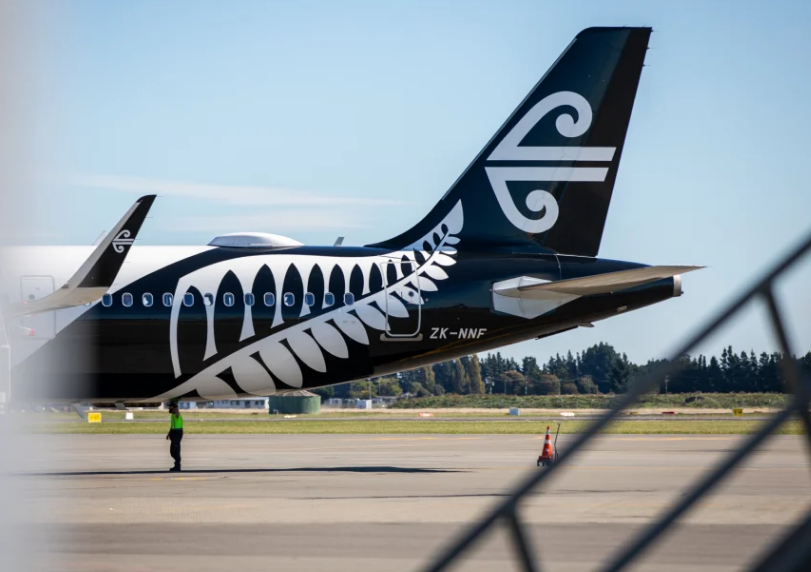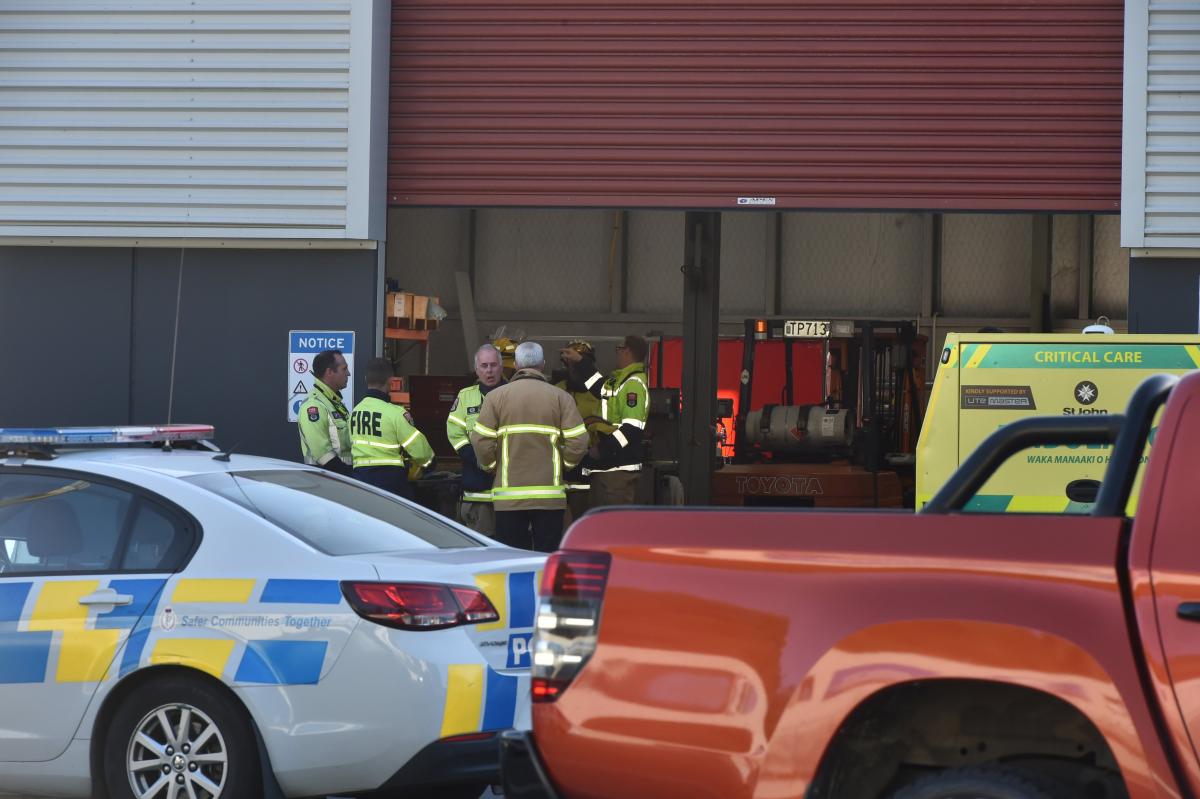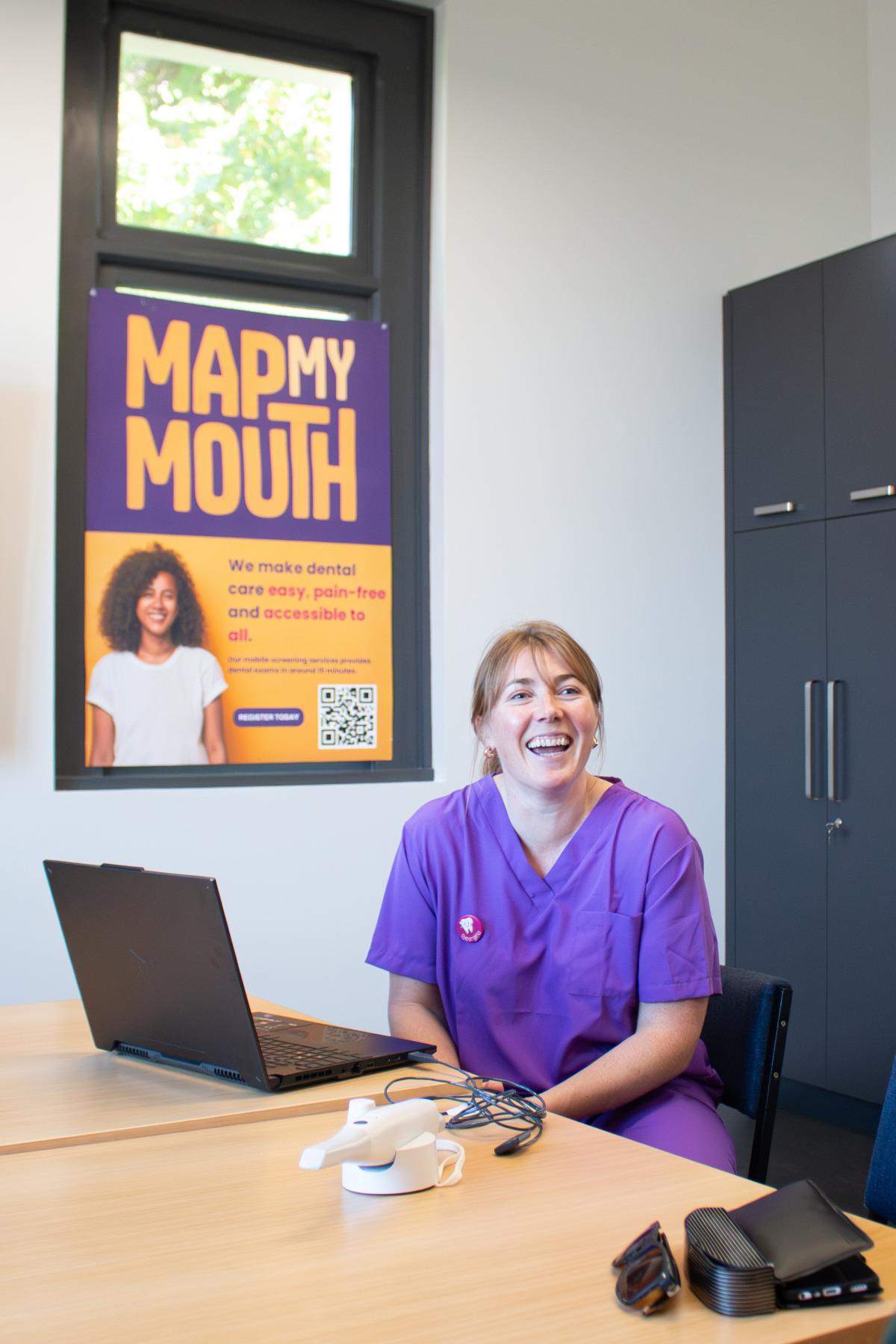Air New Zealand announced in October last year its morning and evening flights between Dunedin and Wellington would now use smaller ATR-72 turboprop planes instead of its roomier Airbus A320 jets.
An ATR-72 seats 68 passengers, while an Airbus A320 seats 171.
The changes officially came into effect this week, the first flight of the day now scheduled to depart Dunedin at 6.35am and arrive in Wellington at 8.30am — 50 minutes later than it typically did using an A320.
The last flight departing Wellington, which had previously departed at 7.45pm, would now leave at 4.25pm to arrive in Dunedin at 6.30pm.
Meanwhile, a connecting flight through Christchurch would leave Wellington just after 6pm.
Business South chief executive Mike Collins said the changes had already proven quite disruptive, and had been a point of discussion within the business community.
Travelling was become more expensive and, with fewer seats, demand for seats on the smaller planes would raise the cost.
“So we’re just getting this perpetual spiral of supply and demand, really.”
Businesses would be weighing up whether it was affordable to travel, and some might decide not to fly and switch to more virtual meetings, Mr Collins said.
He believed the education, professional services and manufacturing sectors — along with businesses operating in national and international markets — could be particularly affected by the changes.
“It certainly makes you stop and think about flying from a costs and logistics perspective when they’ve altered the schedule so dramatically.
“Businesses wouldn’t be happy about it.”
Farra Engineering managing director Gareth Evans said any reduction in the availability or accessibility of flights reduced options and increased costs.
“The biggest challenge in Dunedin is its remoteness and difficulty to access, so making it harder definitely makes it harder for us to run our business.”
The big impact for them would be on their ability to make immediate travel decisions on short notice, Mr Evans said.
Businesses tended not to book flights months in advance. If they were full it would prevent them from making spur-of-the-moment decisions to fly to Wellington for a job.
They would get more expensive and harder to book, and as well as shifting demand into flights to Christchurch or Auckland, was incentivising them to make the jump from Air New Zealand to Jetstar, he said.
That was something “we will absolutely be doing”.
Dunedin Venues Management Ltd chief executive Paul Doorn said the changes could make attracting people to the city a bit more challenging and also affect people’s willingness to travel at all.
“Time is money, that’s one important thing, and then the economics of smaller planes and not being able to bring as many people down . . . all that will make life a bit more of a challenge.”















